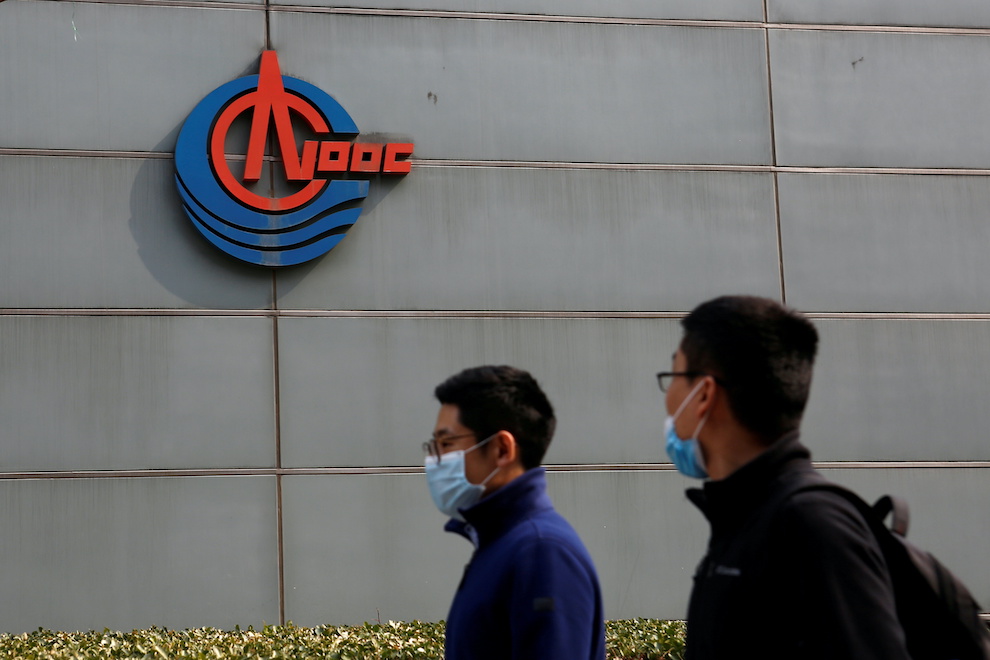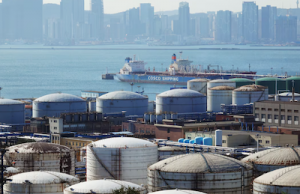China’s top offshore oil and gas producer CNOOC is preparing to exit its operations in Britain, Canada and the US, because of concerns in Beijing the assets could become subject to Western sanctions, industry sources said.
Ties between China and the west have long been strained by trade and human rights issues and the tension has grown following Russia’s invasion of Ukraine, which Beijing has refused to condemn.
The US said last week China could face consequences if it helped Russia to evade Western sanctions that have included financial measures that restrict Russia’s access to foreign currency and make it complicated to process international payments.
CNOOC did not immediately comment.
Companies periodically carry out reviews of their portfolios, but the exit being prepared would take place less than a decade after state-owned CNOOC entered the three countries through a $15 billion acquisition of Canada’s Nexen, a deal that transformed the Chinese champion into a leading global producer.
The assets, which include stakes in major fields in the North Sea, the Gulf of Mexico and large Canadian oil sand projects, produce around 220,000 barrels of oil equivalent per day (boed), Reuters calculations found.
Last month, there were reports that CNOOC had hired Bank of America to prepare for the sale of its North Sea assets, which include a stake in one of the basin’s largest fields.
CNOOC has launched a global portfolio review ahead of its planned public listing in the Shanghai stock exchange later this month that is aimed primarily at tapping alternative funding following the delisting of its US shares last October, the sources said.
The delisting was part of a move by former US president Donald Trump’s administration in 2020 that targeted several Chinese companies that Washington said were owned or controlled by the Chinese military. Beijing condemned the move.
CNOOC is also taking advantage of a rally in oil and gas prices, driven by Russia’s invasion of Ukraine on February 24, and hopes to attract buyers as western countries seek to develop domestic production to substitute Russian energy.
As it seeks to leave the west, CNOOC is looking to acquire new assets in Latin America and Africa, and also wants to prioritise the development of large, new prospects in Brazil, Guyana and Uganda, the sources said.
The industry source said last month that CNOOC’s top management, including chairman Wang Dongjin, found managing the former Nexen assets was “uncomfortable” because of red tape and high operating costs compared with developing nations.
CNOOC has faced hurdles operating in the US in particular, such as security clearances required by Washington for its Chinese executives to enter the country, the source added.
- Reuters, with additional editing by George Russell
READ MORE:
CNOOC, Shell to build new ethylene project
China’s CNOOC says to raise gas’ share to half of output by 2035
CNOOC Hikes 2022 Output Goal, Sees Oil Peak By 2030
























